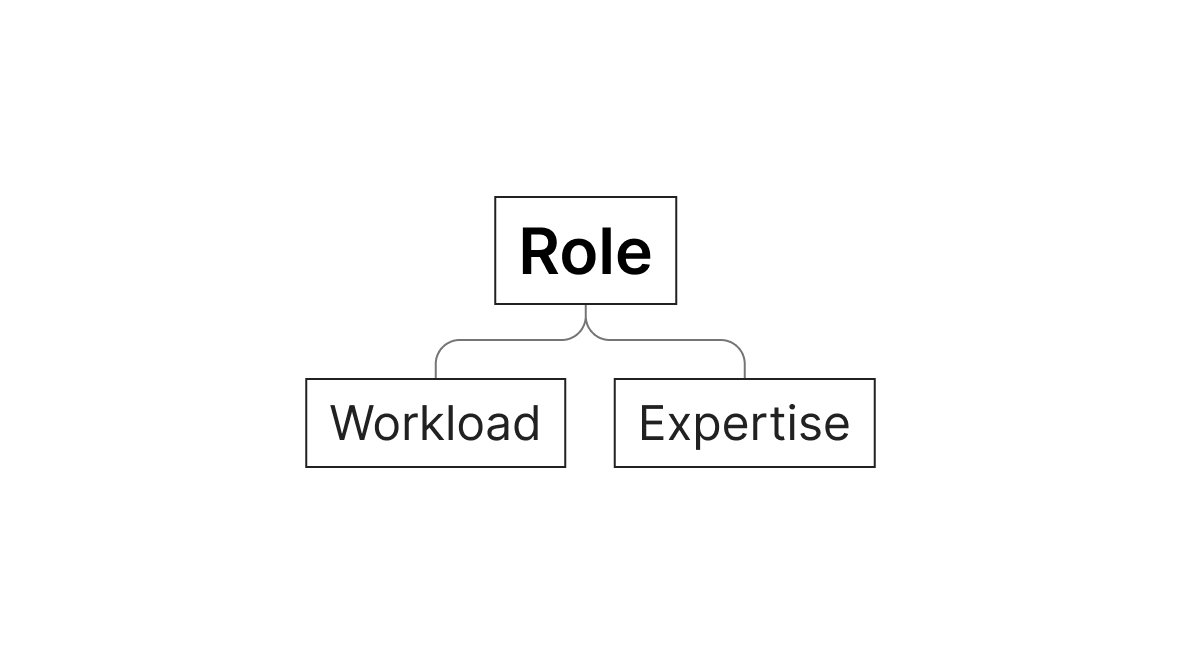Robo Run
Through navigating multiple components of the robot, players have to collaborate on helping the robot reach the end of the course while dealing with various problems before time runs out. Players have to determine the what type of issue they’re faced with, and swiftly respond before their resources deplete by changing or fixing broken components.
How to Play Robo Run
Play Robo Run ↗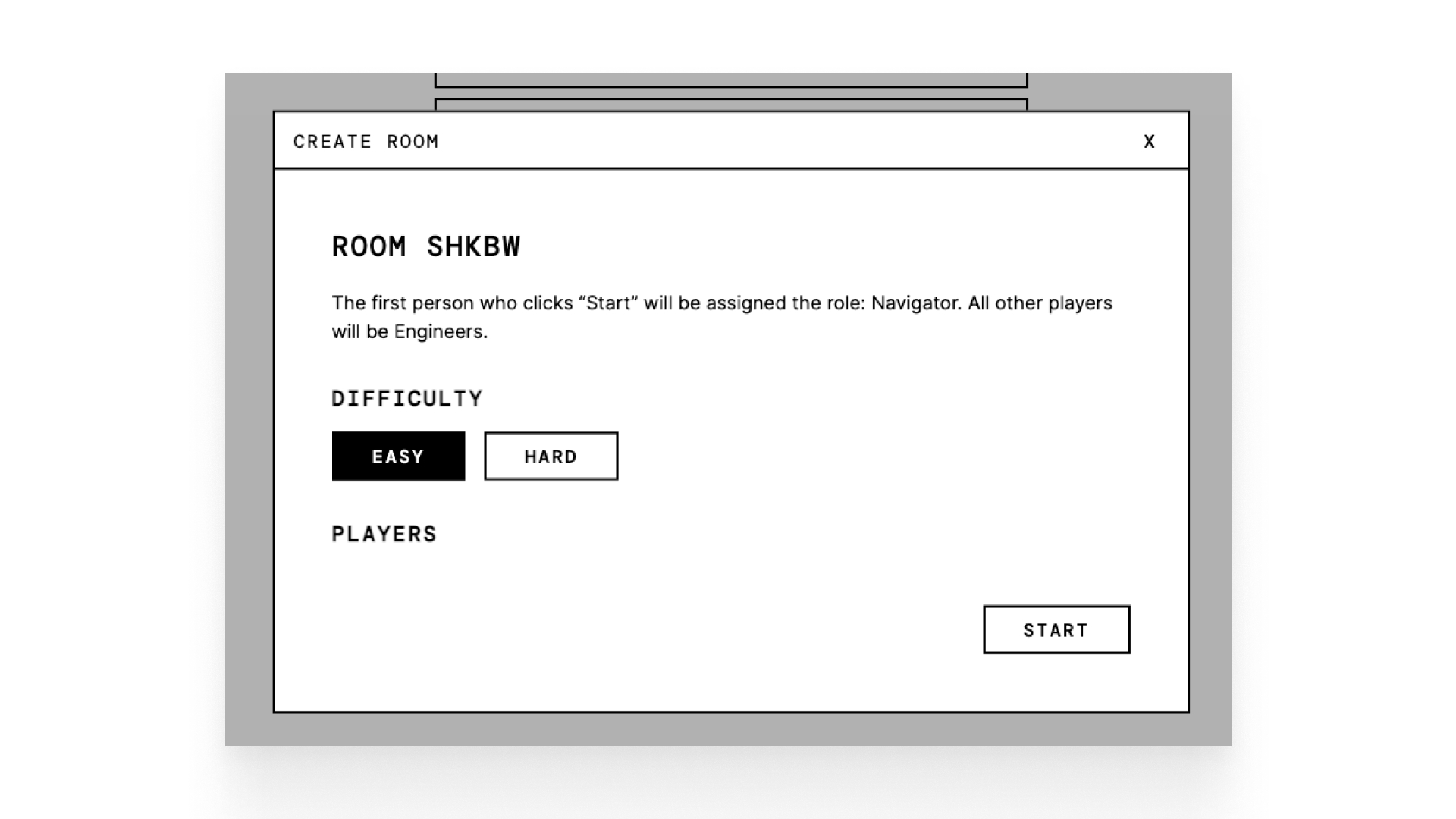
① Create a Room
If other players are joining the game, they will press "Join Room" and copy the room number
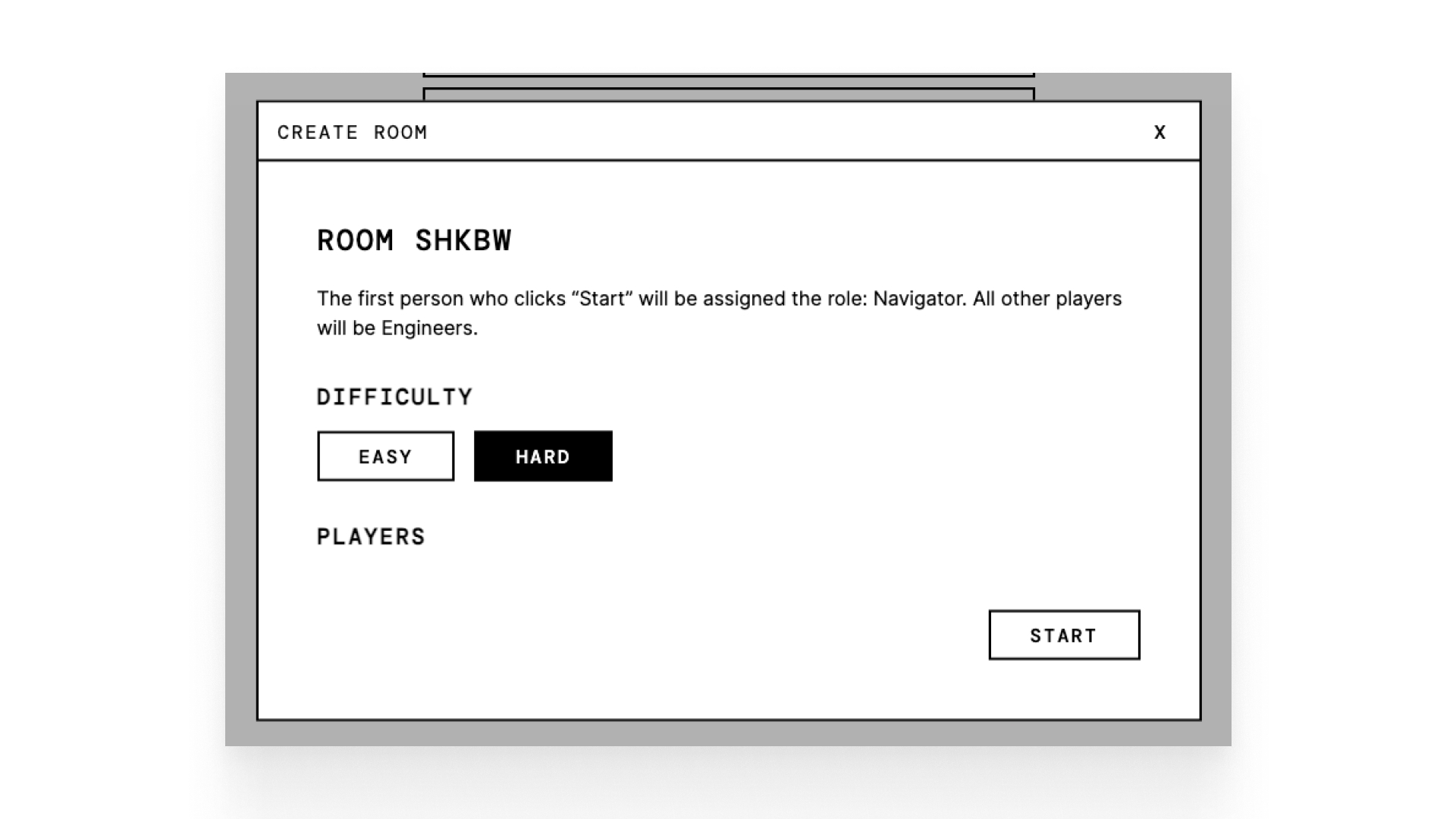
② Select Difficulty
Hard difficulty will incorporate more errors, proceed at your own risk
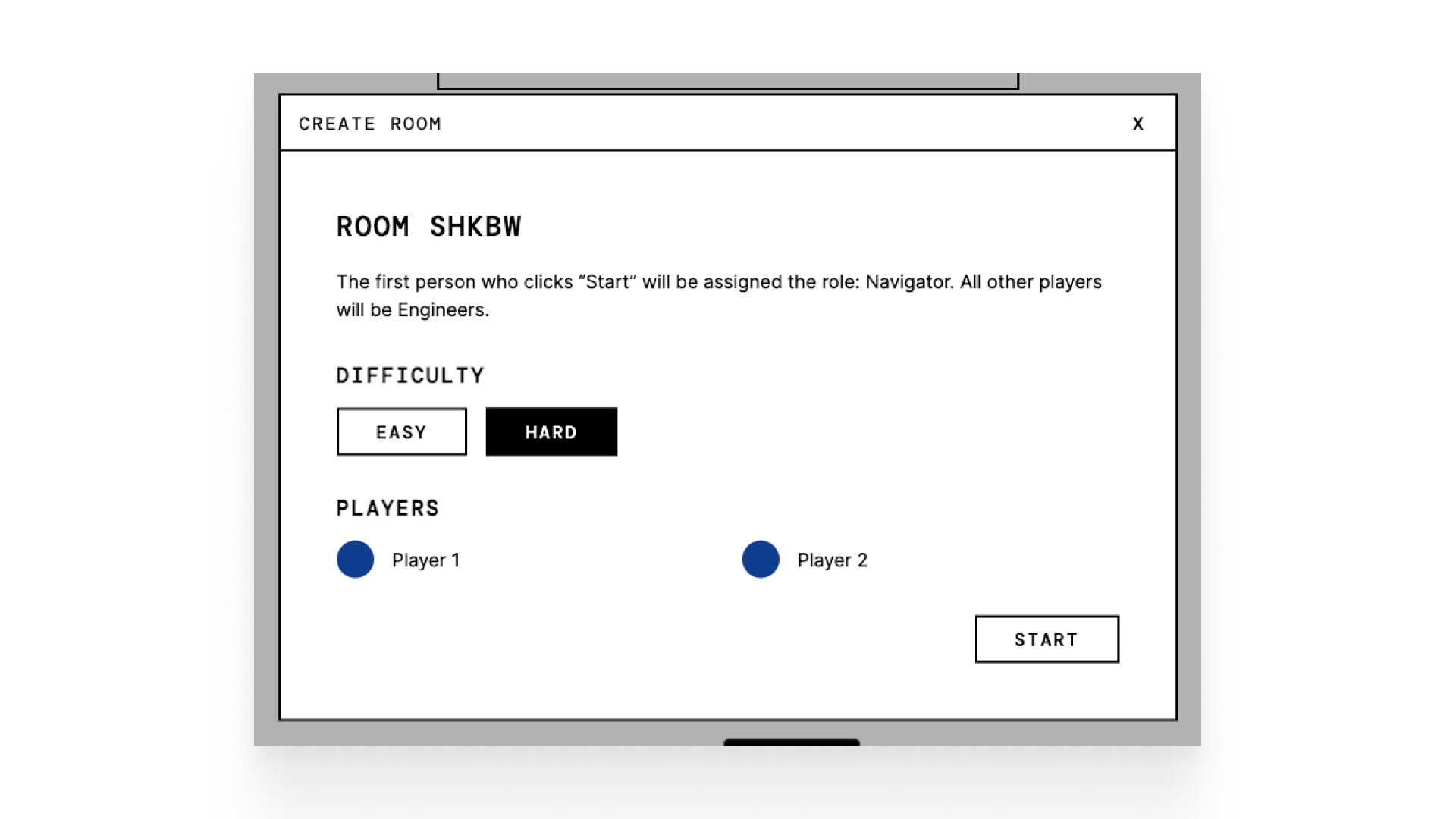
③ Start
Start the game once all of your players are in the room
Robo Run is a living example of tasks created from M.A.S.T.
Creative and Systematic Thinking
We created a system of components that each have their individual functionality, but work together for a bigger purpose: to help players reach the end of the goal.
Players can come up with creative solutions to achieve their goals. When an error occurs in the system, players have to identify the possible cause through systematic thinking.
"In order to perform the task the best you should think systematically"
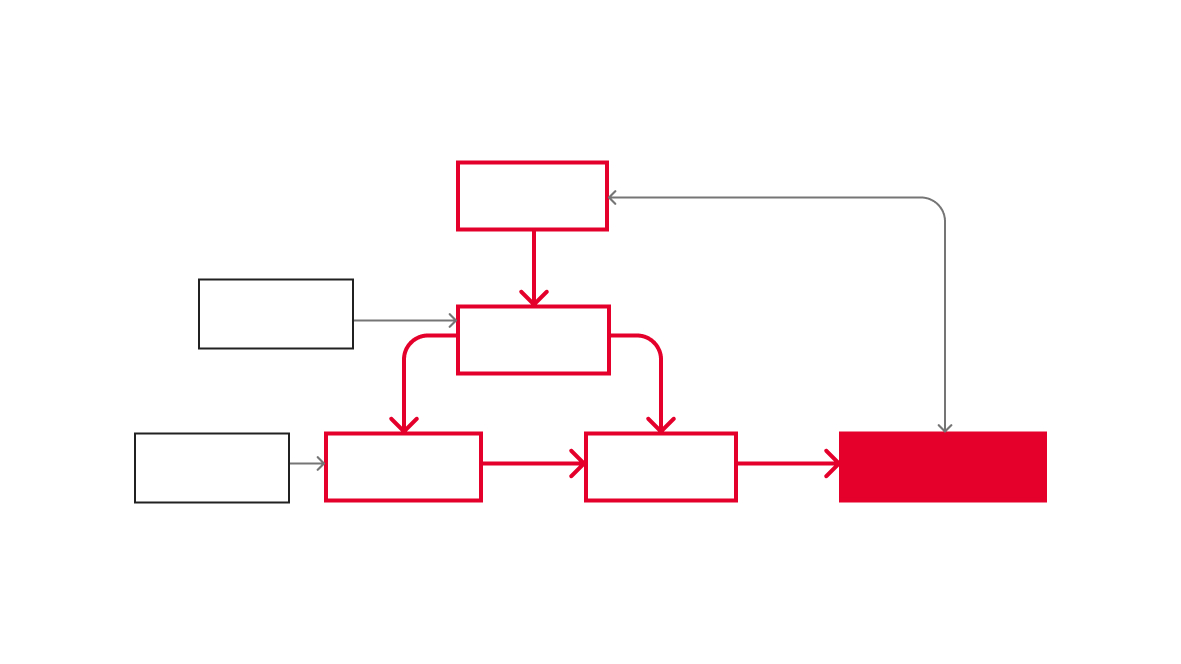
Cascading Problems
Because of how the systems are interconnected, problems could easily cascade. In addition, we made it so that certain issues will get more drastic the longer it goes unnoticed.
"If you miss one thing, that could affect another thing and then another thing and then another..."
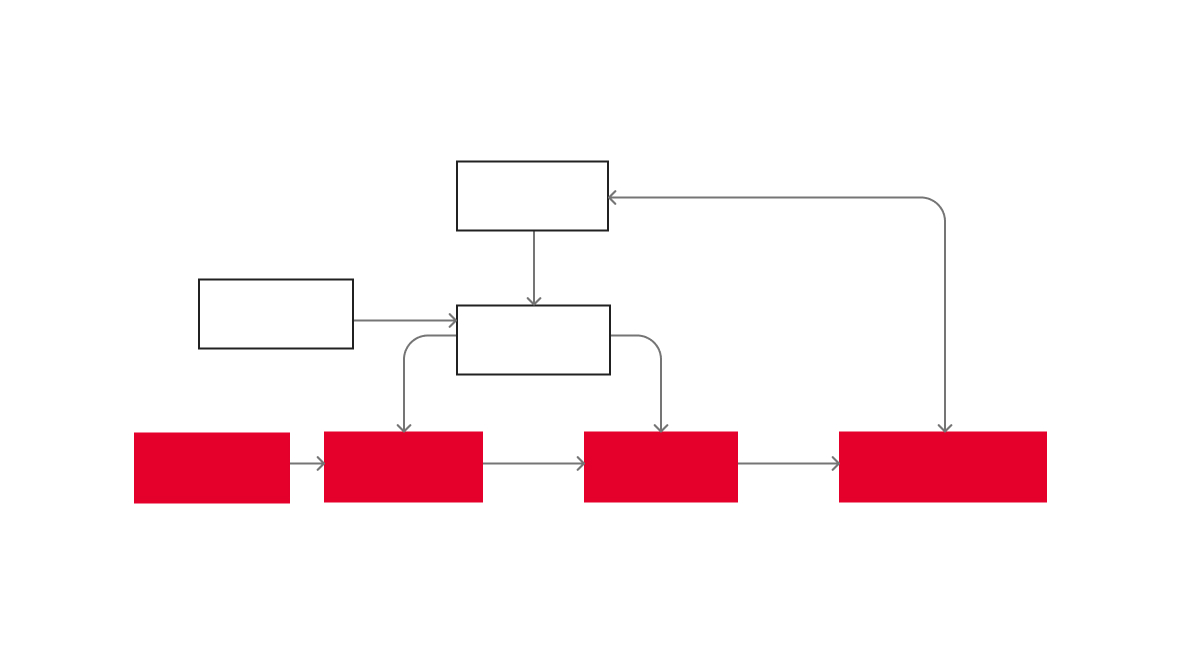
Multiple Stressors
In addition to the stress of having to fix the robot in time, we introduced a time stressor and audio warning sounds on top of visual signals.
"Oh sh*t"
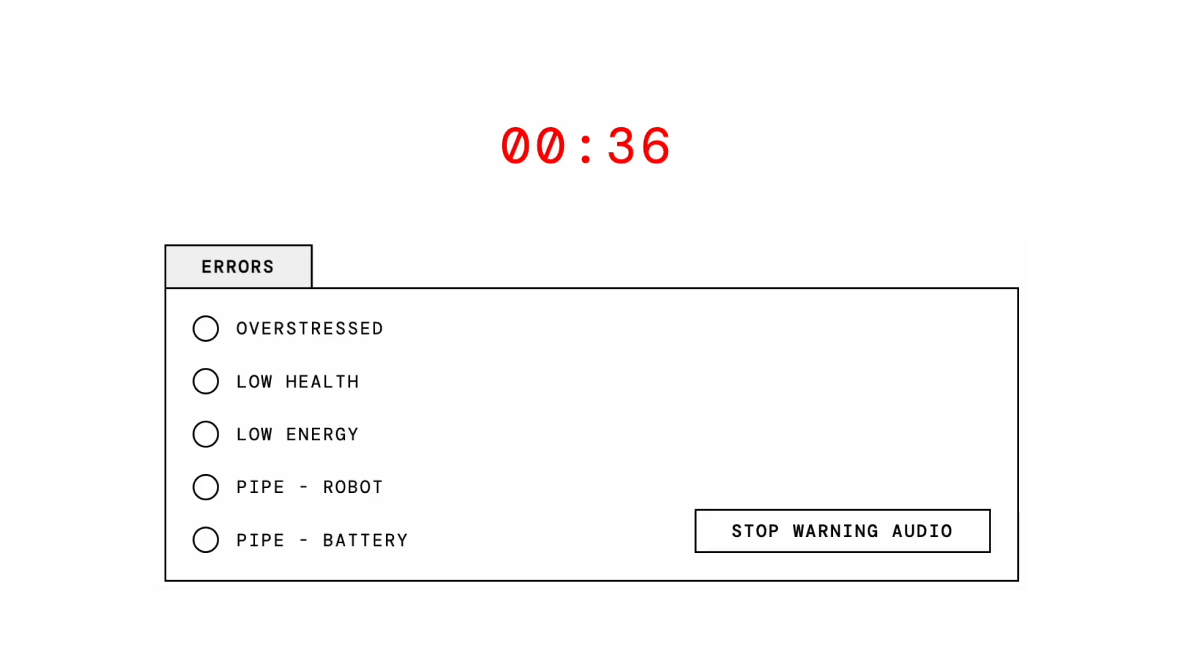
Information Prioritization
By providing data visualization, players would be able to diagnose which was the most critical issue at hand.
"...we needed to identify [which] of those 3 was the one that we would be able to affect"
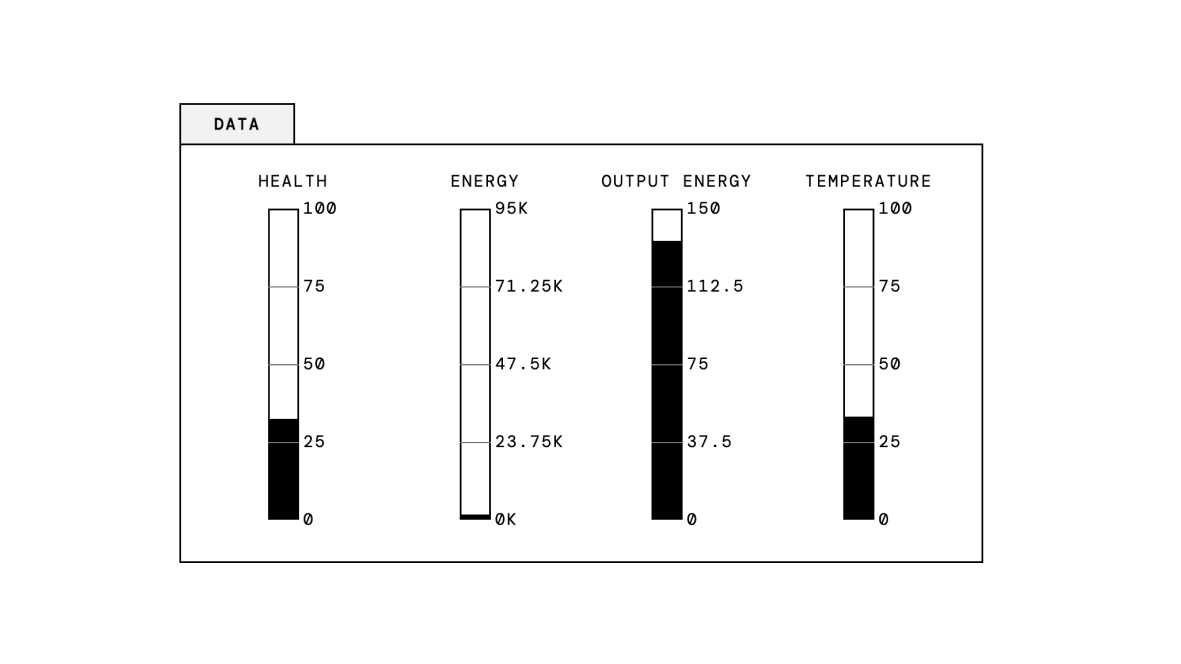
Built for Teams
Based on the workload and expertise, we divided the game into two roles: Navigator and Engineer. This is to ensure that teamwork was necessary to successfully complete the task, and that each player had less information to digest pre-game.
"[They were], many times, helpful in suggesting ideas and for picking or replacing components when I had too many"
